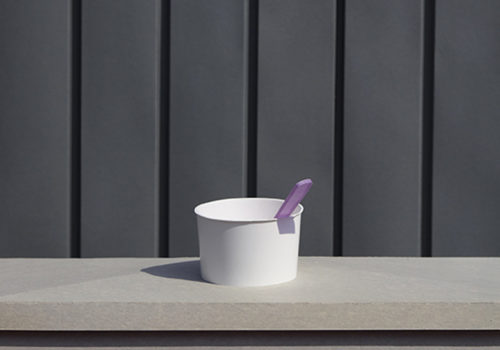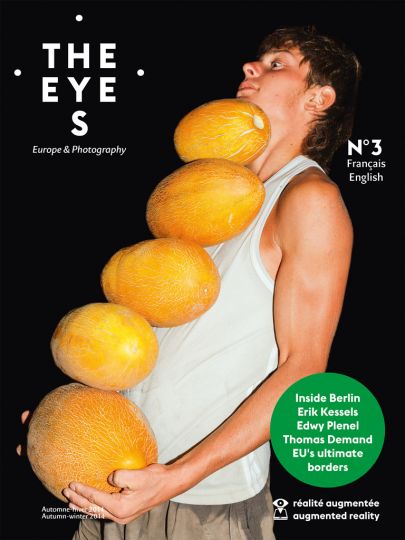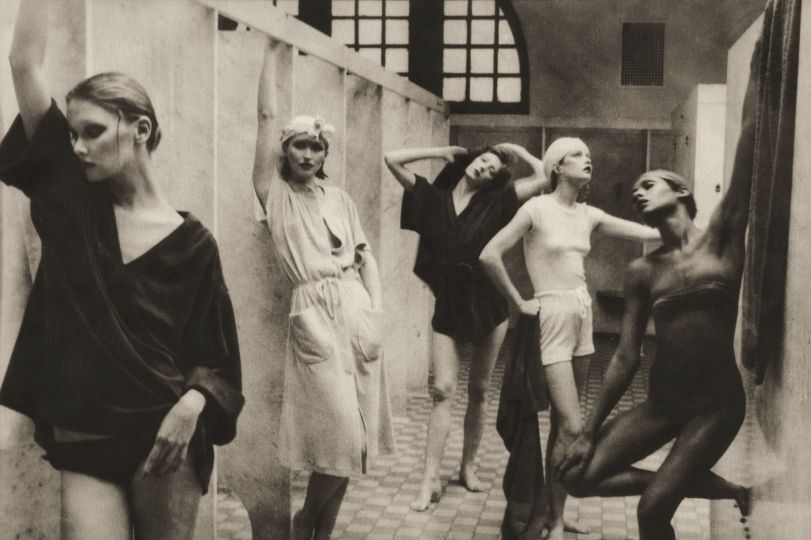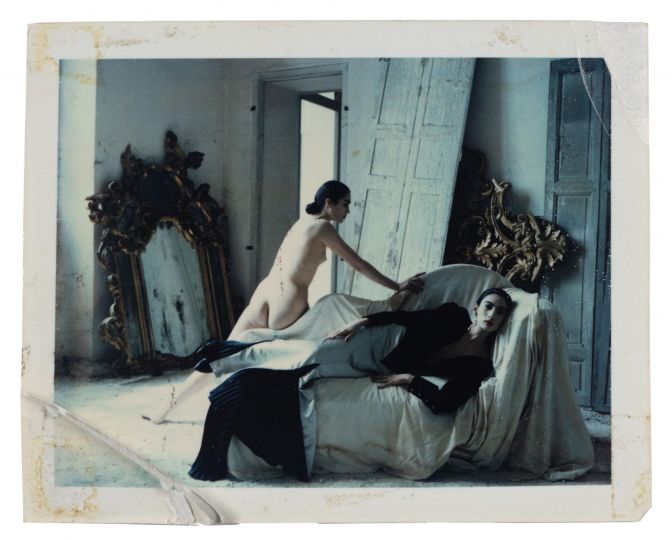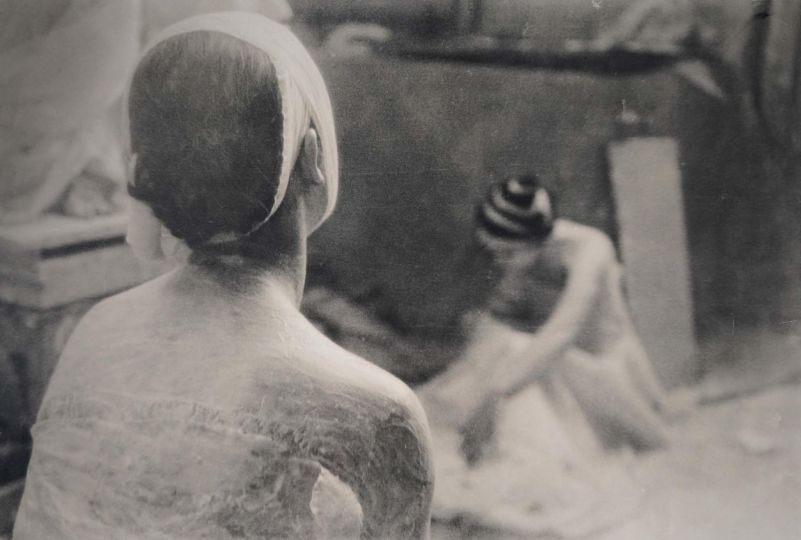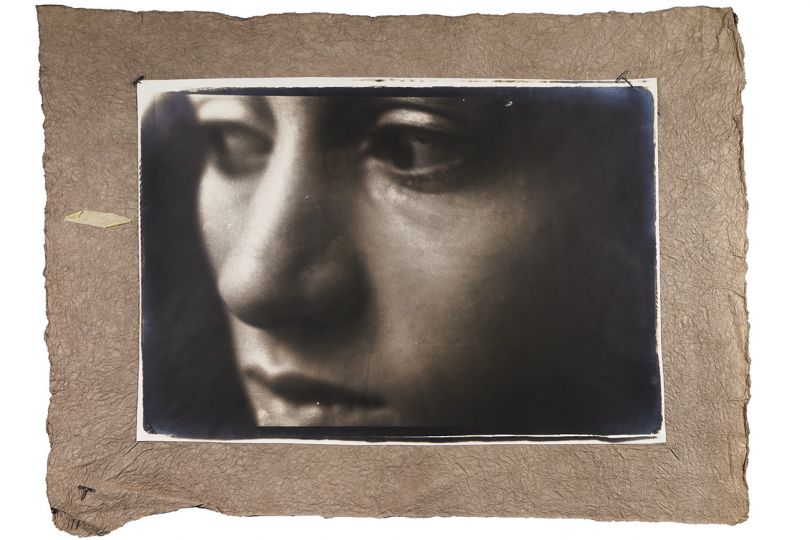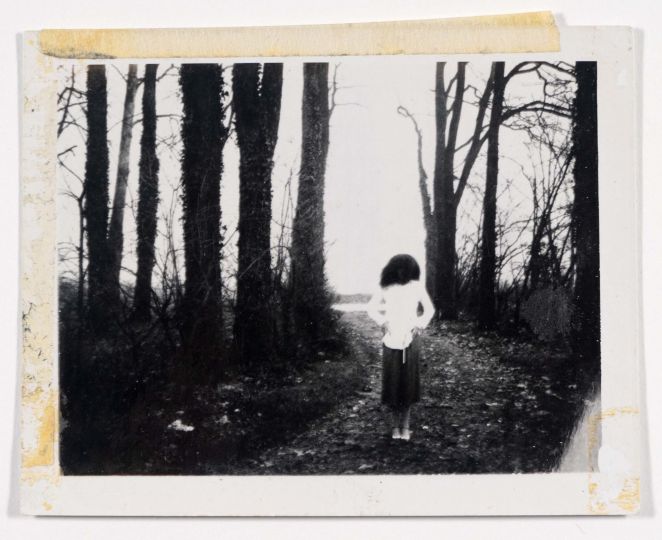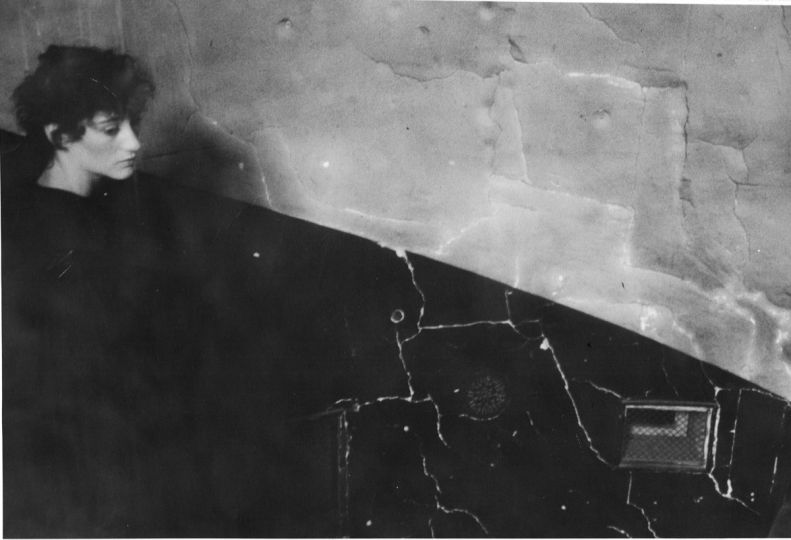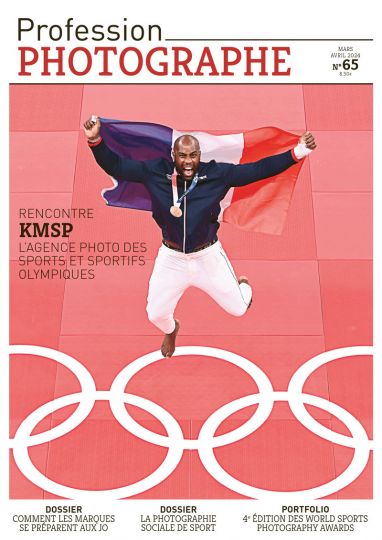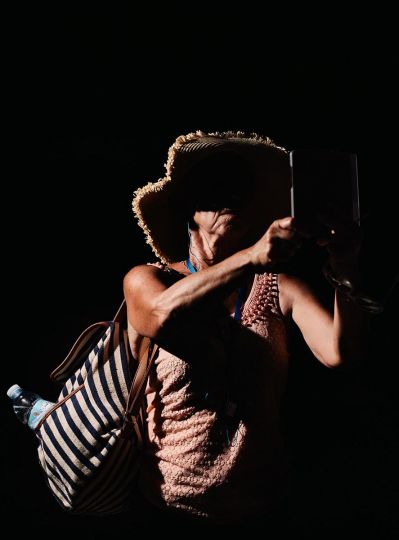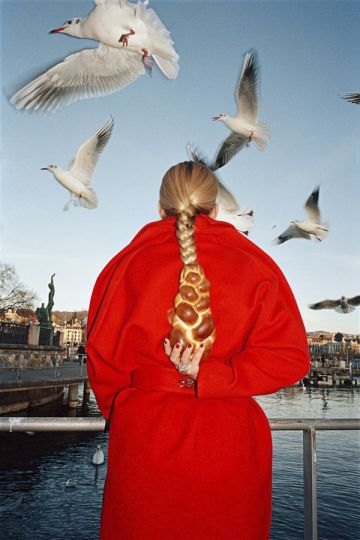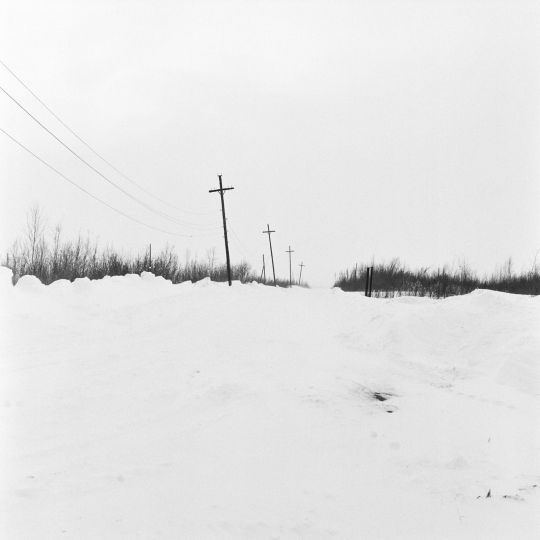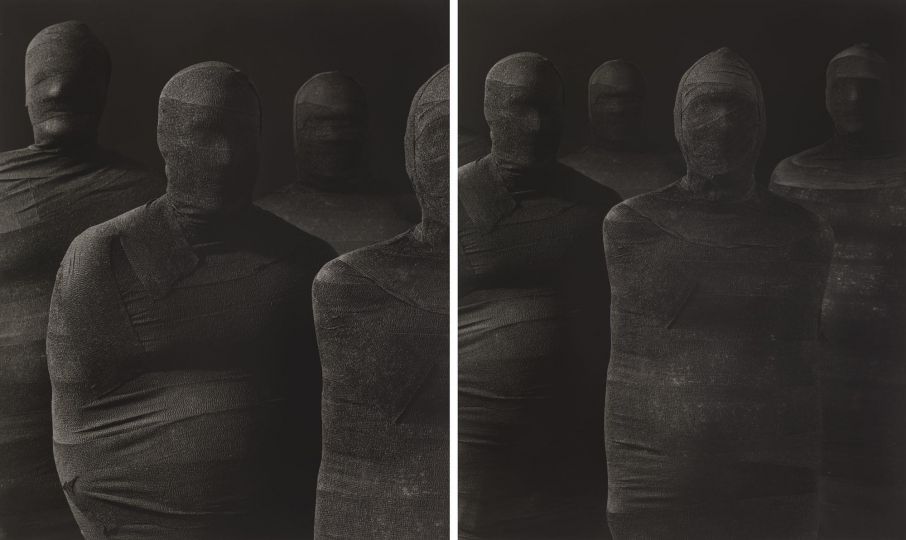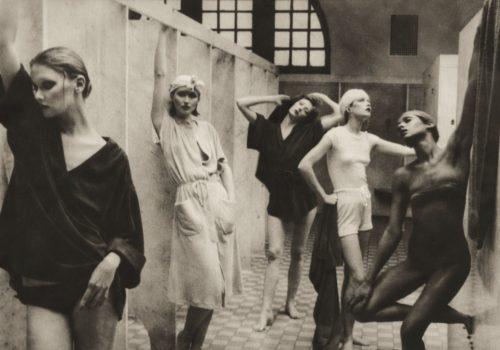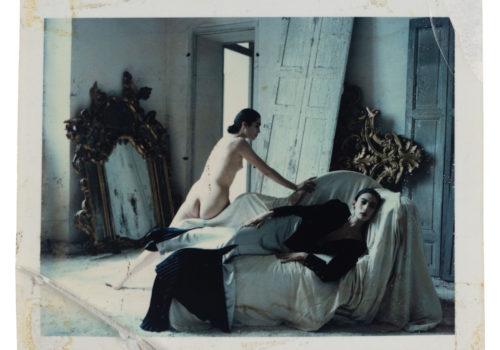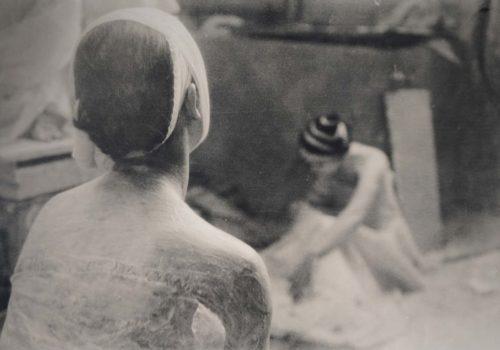For its special focus on Berlin, The Eyes highlights the experimental and unusual work of the German photographer Thomas Demand.
What is the first image that comes to mind when you think of Berlin?
It would be an image of construction work on a road, with small aging cars patiently waiting.Eine Strassenbaustelle, an der geduldig ältere Kleinwagen warten.
Looking back, could you tell me a bit about your reasons for moving to Berlin, as well as your experience regarding the changes of the city and its artistic scene?
In the middle of the nineties, I was living in New York and was surprised to feel a form of melancholia for Germany. Not so much for the people, rather for the debates and discussions that I could sense from afar and which were difficult for me to understand.
In 1993-1994, there were two sides that would not communicate with each other, the art from the East, and the art from the West, and who ever arriving in the city in those days had nothing to do with this situation. We did not want to take advantage of it, be integrated; newcomers stayed among themselves: the longer you felt as a guest, the better. The economic base came from abroad, in spite of affordable living condition; there were no ‘client’ as such in Berlin. In this context, galleries did not have to share the cake, there was very little hierarchy, and it did not make sense for artists to change galleries. The strong positions, well deserved, only came about in the course of the second decade after the fall of the Berlin wall.
For years your studio was next to Hamburger Bahnhof in Mitte in East Berlin, and accommodated artists such as Tacita Dean and Olafur Eliasson, even friezed/e in the beginning. Could you talk about the history of the building you worked in for so long, and tell us why you moved out?
The building was wrecked. They are now covering this once free and open urban landscape with concrete, and the boxes of miserable investors. It is sad, but it pays. You could say that Berlin is closing down. We moved in shortly before the museum decided to take on the construction; and I think the visionaries of the city were disturbed by it. We thought that it was cynical that the system would promote itself on behalf of the artists that it was chasing. I’ve always invested my energy in artists’ communities that work together or next to each other. I find this particularly healthy and productive.
Extract of the article by Eva Eicker

